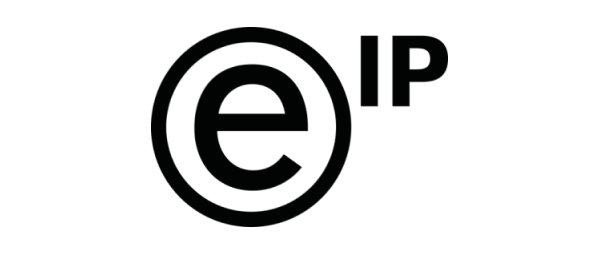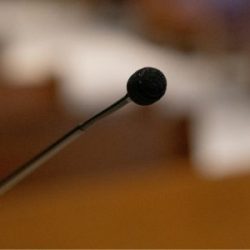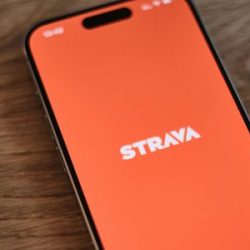Munich, Germany 4th November: EIP has secured a significant victory for client Conversant Wireless in Germany. EIP successfully asserted a Standard Essential Patent (SEP) for Conversant against Stuttgart carmaker Daimler in a dispute that will have repercussions across the sector.
The Munich Regional Court found that LTE (Long-term evolution) capable cars sold by Daimler infringed the German designation of EP 2 934 050. The decision forms part of ongoing proceedings around connected cars which is shaping the current SEP litigation landscape in Germany.
Daimler has faced a number of proceedings against various patent holders for mobile technology for connected cars. The infringed patent in the Conversant case relates to establishing a connection with a core network element and was held essential by the court to the LTE standard.
Besides legal questions, the proceedings involved complex competition law topics: The fair, reasonable, and non-discriminatory (FRAND) defence raised by Daimler included arguments that any licensing should take place in the supply chain. Correspondingly, several suppliers of different tiers joined the litigation as interveners, including Continental, Harman, Bosch, Bury and TomTom group companies.
The Regional Court rejected this defence as well as a requested referral to the European Court of Justice to further clarify licensing obligations in the supply chain. In consequence, the Court inter alia awarded an injunction, which is subject to posting a bond and preliminary enforcement. The judgment can be appealed.
The ruling marks the third time that Daimler has been defeated in as many months, after previous losses against Nokia and Sharp.
Dr. Christof Höhne, Partner at EIP, said: “ We are very happy with the judgment by one of Germany`s most active courts in electronics cases. The decision highlights obligations of parties in SEP licensing negotiations and, in effect, sanctions practicing hold-out.”
The Team comment, “Germany is Europe’s number one court battle ground on Standard Essential Patents (SEPs); recent judgments, to which this also belongs, have turned the tide for patentees. German Courts, when looking at the Huawei/ZTE criteria, place much more emphasis now on the actual willingness of an implementer to take a license. A mere abstract declaration to take a license may not suffice to demonstrate willingness, if this is not “lived”, i.e. in the further course of discussions among the parties.
“Within the automotive sector, the judgment is significant for “complex” products with a supply chain of individual telecommunication components. The judgment inter alia deals with the choice of the patentee on whom to attack in the supply chain, in this case the end product manufacturer. The key message for implementers is to engage in any licensing discussions in a productive manner, acting timely and not practicing hold-out.”
The successful EIP team consisted of Dr. Christof Höhne, Florian Schmidt-Bogatzky, Isabelle Schaller, Dimitri Kosenko and Dr. Sebastian Fuchs.











